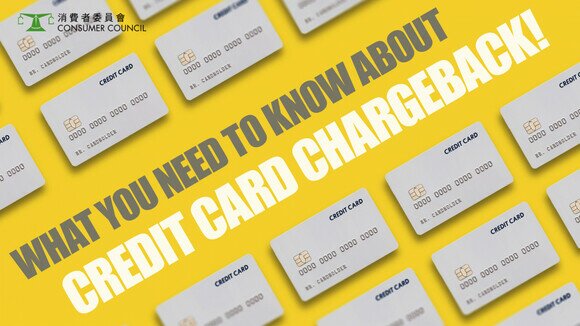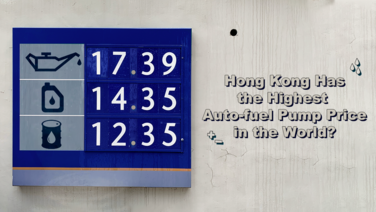What is credit card chargeback protection?
It is a consumer protection mechanism to credit card holders offered by card issuers. When a consumer pays with a credit card, and if the merchant fails to provide relevant services or deliver the goods, the card issuer may request the acquirer (ie. the operator that collects money on behalf of the merchant) to cancel the relevant credit card transaction. If the acquirer believes there is sufficient justification, then the relevant transaction amount must be returned to the card issuer before being forwarded to the cardholder. This mechanism is stipulated by the contract between the credit card company, the card issuer and the acquirer.
Credit card transaction involves numerous institutions
A credit card transaction involves 5 entities in general, namely the cardholder, the merchant, the card issuer, credit card association (eg. Visa, Mastercard) and the acquirer. The card issuer offers credit card service to the cardholder. The acquirer handles payment for the merchant while the card issuer is responsible for clearing and settlement. Generally speaking, both the acquirer and the card issuer are members of credit card association and are contractually bound by operational rules of the respective credit card association (“scheme rules”).
Card issuer to handle chargeback request for cardholder
For instance, a consumer purchased a TV from a merchant and paid by credit card, but the merchant closed down before delivery. The consumer who is unable to seek either refund or delivery of the TV may contact the card issuer and request a chargeback. The card issuer will ask for supporting documents and examine the request.
The acquirer to handle the chargeback claim submitted by the card issuer
If the request is accepted, the card issuer will raise a chargeback claim against the acquirer. Upon acceptance of the chargeback claim, the acquirer will reimburse the card issuer which will, in turn, refund the amount at stake to the consumer. The acquirer may dispute the validity of chargeback claim and the matter would be referred to arbitration for determination. The outcome of the arbitration is legally binding on both the card issuer and the acquirer.
The loss and risk of the acquirer
Unless the acquirer can successfully recover the sum from the insolvent retailer, the loss will ultimately fall upon them. In order to mitigate the financial risks arising from retailer insolvency or other incidents, acquirers can defer credit card payment to retailers.
Successful rate of claims varies
As credit card chargeback protection is a commercial contractual agreement between card issuers, acquirers and credit card associations, consumers as non-contractual party often cannot access and understand specific content and details but reply on information and support provided by card issuers. As the credit card chargeback protection involves certain administrative costs and expenses, there are chances that the card issuers may make a direct refund the consumers at its own cost to maintain a good customer relationship considering the transaction amount is relatively minimal and the claim is not cost-effective. However, a Consumer Council survey revealed that some frontline CS personnel of card issuers still did not master a good understanding of the mechanism, and sometimes failed to provide accurate information, or even refused to submit applications for cardholders.
Lack of transparent information make pre-payment refund difficult
Attracted by its convenience, discount offers or specific business models, some consumers may pre-pay for a large number of costly services or products. However, once the merchant is closed, consumers as unsecured creditors have little chance of recovering the prepaid amount during the liquidation process. It is likely that they may suffer “double loss” – being not able to enjoy the goods or services purchased while failing to recover the payment. Although consumers who prepay for services or products through credit cards are covered by the chargeback protection, a Consumer Council research report indicated that the arrangements for processing refund application among card issuers are inconsistent, related information and service pledge on the mechanism are also less transparent. In the absence of a set of open standards, consumers hardly know if the transactions involved are protected by the mechanism. Also, this protection mechanism has not benefited those who made instalment payment by credit card, indicating much room for improvement.
For more information, please go to :











